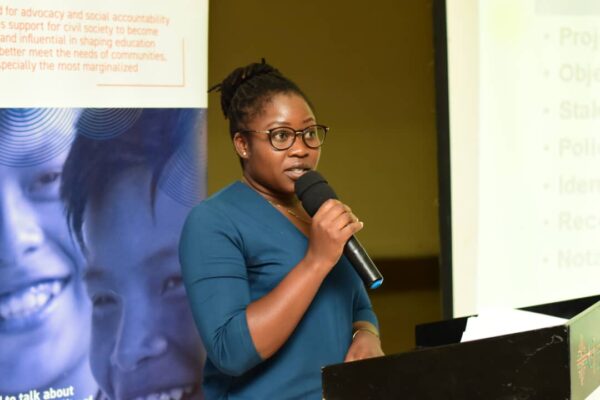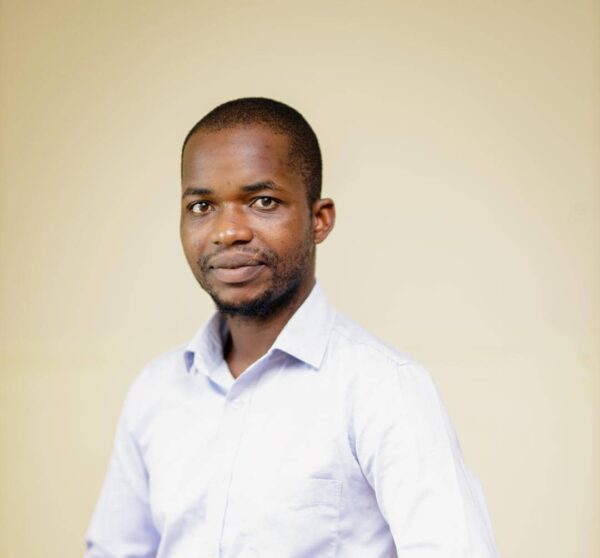NGOs plead for inclusive education funding
Two Non-Governmental Organizations—Rays of Hope and Fount for Nations—have called for increased funding to inclusive education in Malawi to, among others, purchase the necessary technologies, materials and resources to promote lifelong learning opportunities for all.

The two organizations are jointly implementing Pamodzi for Inclusive Education in South East Africa (PIESEA) project, aimed at reducing gaps existing between inclusive and Special Needs Education (SNE) policies and their implementation.
Through the project, the organizations conducted an analysis of current policies on inclusive education in the country which, among other gaps, found there is inadequate resources, which affects the implementation of policies and provision of learning technologies, materials and braille and resource rooms.
The findings were presented at a high-level stakeholders meeting in Lilongwe, during the commemoration of Global Action Week for Education.
Advocacy and Communications Officer for Rays of Hope-Pamodzi Project, Dailes Banda, said increased funding to inclusive education can, therefore, not be overemphasized.

“Education is a basic right for every person. With well-resourced inclusive education, Malawi will ensure that every child gets to enjoy that right.
“Without inclusive education, learners with special needs and other vulnerabilities are left out. Malawi should strive to reach and assist all children with quality accessible education”.
According to the analysis, the Department of Inclusive Education in the Ministry of Education is not fully-fledged and poorly funded, which limits its operations.
Apparently, another analysis of the 2023/2024 national budget by Civil Society Education Coalition, shows Malawi allocated a meagre MK97 million to SNE (up from MK77 million last year) for ORT.
Montfort SNE College, on the other hand, has MK425 million (up from MK400 million last year), which is inadequate to accommodate meaningful enrollment of SNE teachers.
Advocacy and Communications Officer for Fount for Nations, Connex Kafera, said such inadequate resources create an unfriendly environment to embrace inclusive education.
“There is the need for collective efforts by government, CSOs, companies, traditional leaders, school authorities and everyone else to amplify this issue of increasing funding to inclusive education. Development partners must also come in to help Malawi to focus on this subsector of education”.
Rays of Hope and Fount for Nations also rue the expiry of National Inclusive Education Strategy (2017-2021) and Education Sector Implementation Plan (2013-2017) and leaving out of the Inclusive Education sector (Malawi 2063) and failure of implementation of the Inclusive Education Policy.
Other policies the analysis looked at, include: National Policy on Equalization of Opportunities for Persons with Disabilities (2006), Malawi Education Act (2013), National Disability Mainstreaming Strategy and Implementation Plan (2018 – 2023), Implementation Guidelines for the National Policy on Special Needs in Malawi (2009) and Disability Act (2012).
In Malawi, PIESEA, a multinational project, works with inclusive education coordinators—operating under the Department of Inclusive Education—who are, among other things, helping with allocating specialist teachers and identifying SNE learners and their needs.
The project has also trained community champions to advocate for Inclusive Education in their communities—447 of them in total (217 female and 230 Male).
The project is being implemented in Mzimba, Dowa, Lilongwe, Mchinji, Blantyre and Zomba.
Follow and Subscribe Nyasa TV :
